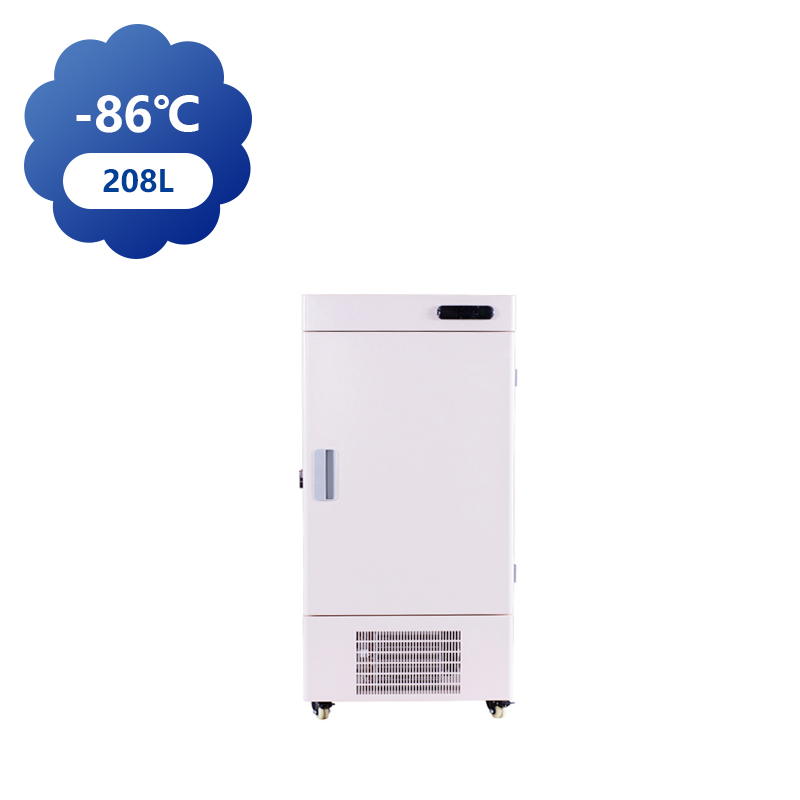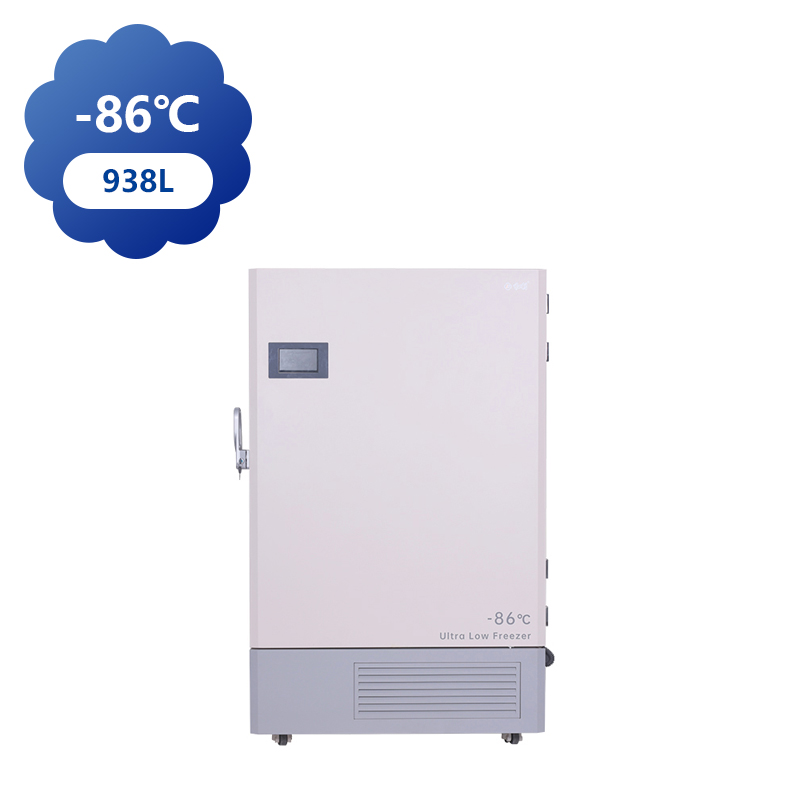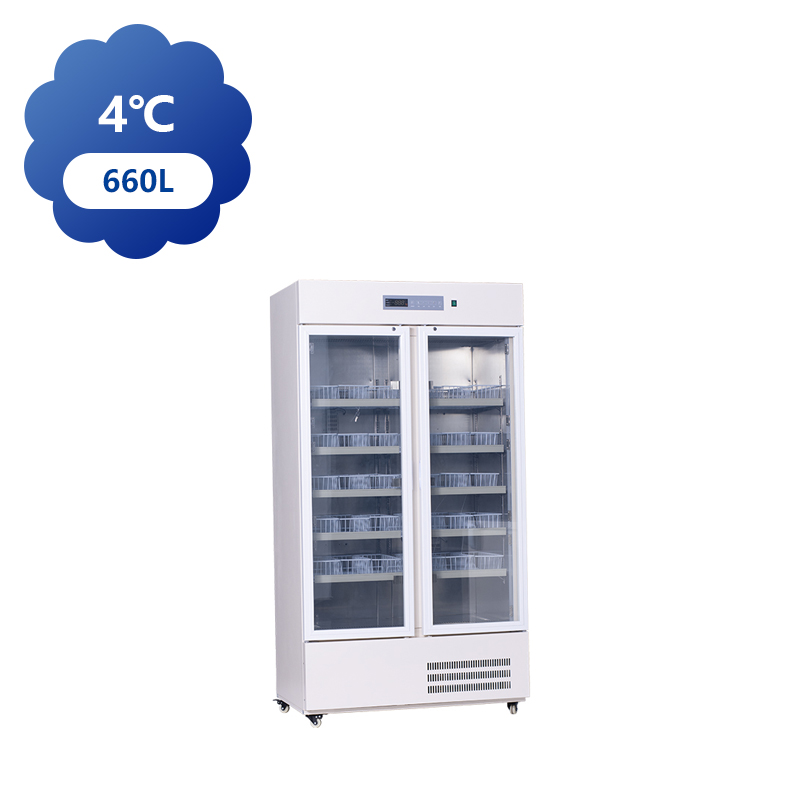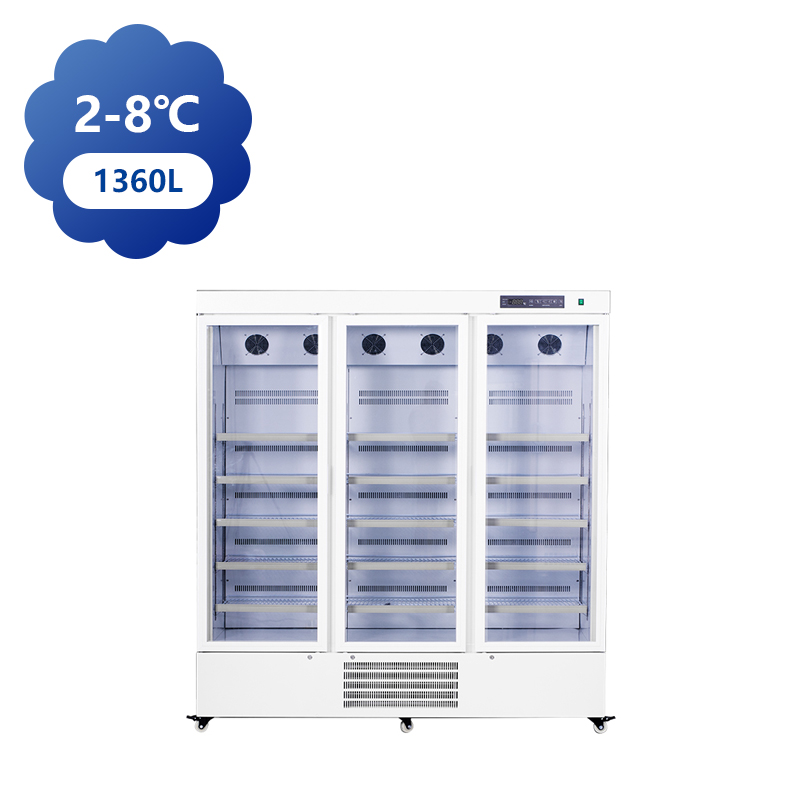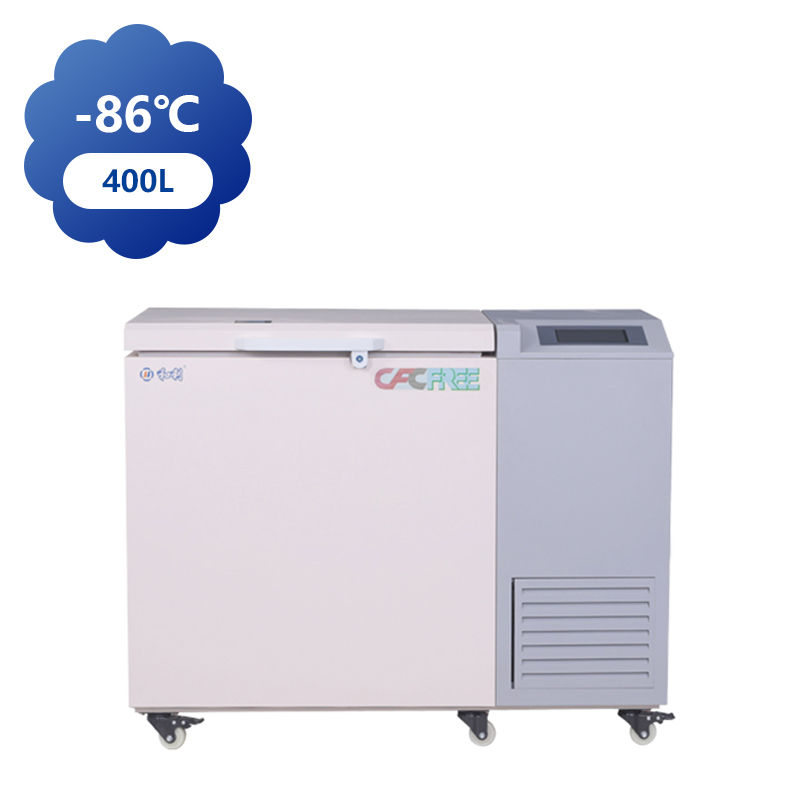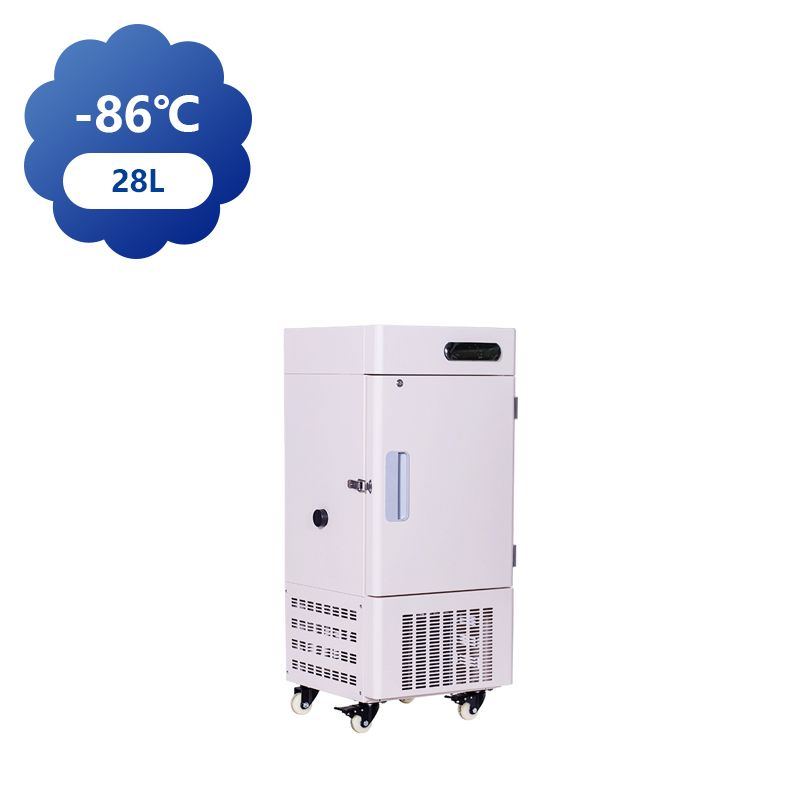You can contact to me using this form.
Maintaining precise temperature control in a Blood Bank Refrigerator is a critical aspect of modern healthcare. Improper storage can compromise the integrity of blood products, affecting patient safety and treatment outcomes. Similarly, a Medical Refrigerator designed for broader clinical use must ensure stable temperature control to preserve vaccines, medications, and biological samples. At Heli, our refrigeration solutions are engineered to provide reliable and consistent temperature maintenance, supporting healthcare facilities in their daily operations.
Temperature accuracy is not just a technical requirement; it directly impacts the viability of sensitive medical materials. Blood products, including red blood cells, plasma, and platelets, are highly sensitive to even minor temperature fluctuations. Deviations outside recommended ranges can cause hemolysis, reduced therapeutic effectiveness, or microbial growth. Therefore, maintaining the correct temperature in Blood Bank Refrigerators is essential for patient safety and compliance with healthcare regulations.
Why Temperature Accuracy Matters
The importance of accurate temperature control in blood storage cannot be overstated. Blood components have specific storage requirements:
Red Blood Cells: Typically stored between 2°C and 6°C.
Plasma: Requires freezing at −18°C or below.
Platelets: Stored at 20–24°C with continuous gentle agitation.
Any deviations from these ranges may affect the quality of the blood products. Heli’s Blood Bank Refrigerators are designed to maintain precise conditions, offering stable internal temperatures with minimal fluctuation. Advanced insulation, precise sensors, and integrated temperature control systems ensure that stored products remain within safe limits.
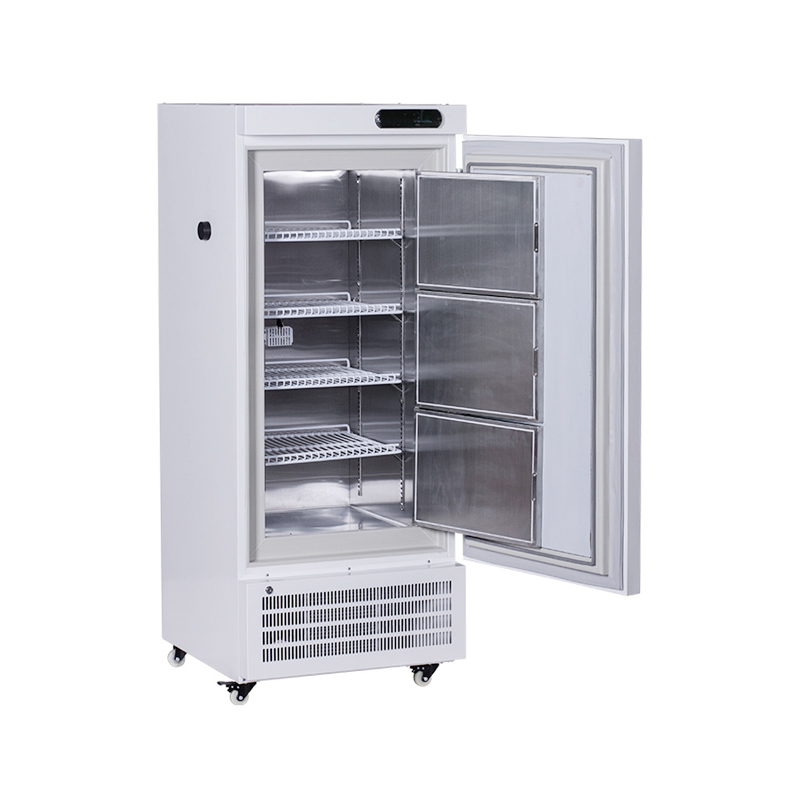
Key Strategies for Maintaining Accuracy
Ensuring temperature stability involves several practical measures:
Calibrated Temperature Sensors:
Heli units come with high-precision digital sensors, calibrated to ensure reliable readings. Continuous monitoring allows healthcare personnel to identify any deviations quickly.
Regular Calibration of Devices:
To maintain consistent accuracy, sensors and thermometers should be calibrated periodically. This prevents drift over time and ensures compliance with clinical standards.
Proper Loading and Placement:
Avoid overcrowding the refrigerator and ensure airflow is not obstructed. Blood products should be organized systematically, with sensors positioned to capture representative temperatures. Heli designs internal layouts that optimize air circulation to maintain uniform temperature distribution.
Alarm Systems and Monitoring:
Modern Blood Bank Refrigerators are equipped with audible and visual alarms. Heli’s models also support remote monitoring, enabling facility managers to receive alerts and take immediate action if temperatures deviate from set limits.
Regular Maintenance:
Clean condenser coils, check door seals, and inspect cooling units periodically. Preventive maintenance ensures the refrigerator operates efficiently and extends its service life.
Integrating Technology for Better Monitoring
Many modern Medical Refrigerators incorporate IoT-enabled systems for real-time monitoring and data logging. Heli’s smart refrigeration solutions allow healthcare facilities to:
Track temperature trends over time.
Generate compliance reports for audits.
Receive instant alerts on mobile devices for rapid response.
These features enhance the reliability of blood storage and support compliance with healthcare guidelines.
Benefits of Accurate Temperature Control
Maintaining strict temperature standards in Blood Bank Refrigerators offers multiple benefits:
Patient Safety: Ensures that transfusions are safe and effective.
Regulatory Compliance: Meets local and international healthcare standards.
Reduced Waste: Minimizes product loss due to spoilage.
Operational Efficiency: Reduces the need for emergency interventions and ensures smooth workflow in clinical settings.
It is evident that choosing the appropriate refrigeration solution and keeping it maintained properly are crucial steps in contemporary healthcare management now that you are aware of how important temperature accuracy is.



 中文简体
中文简体 English
English Français
Français عربى
عربى +86-15988502726(wechat)
+86-15988502726(wechat)